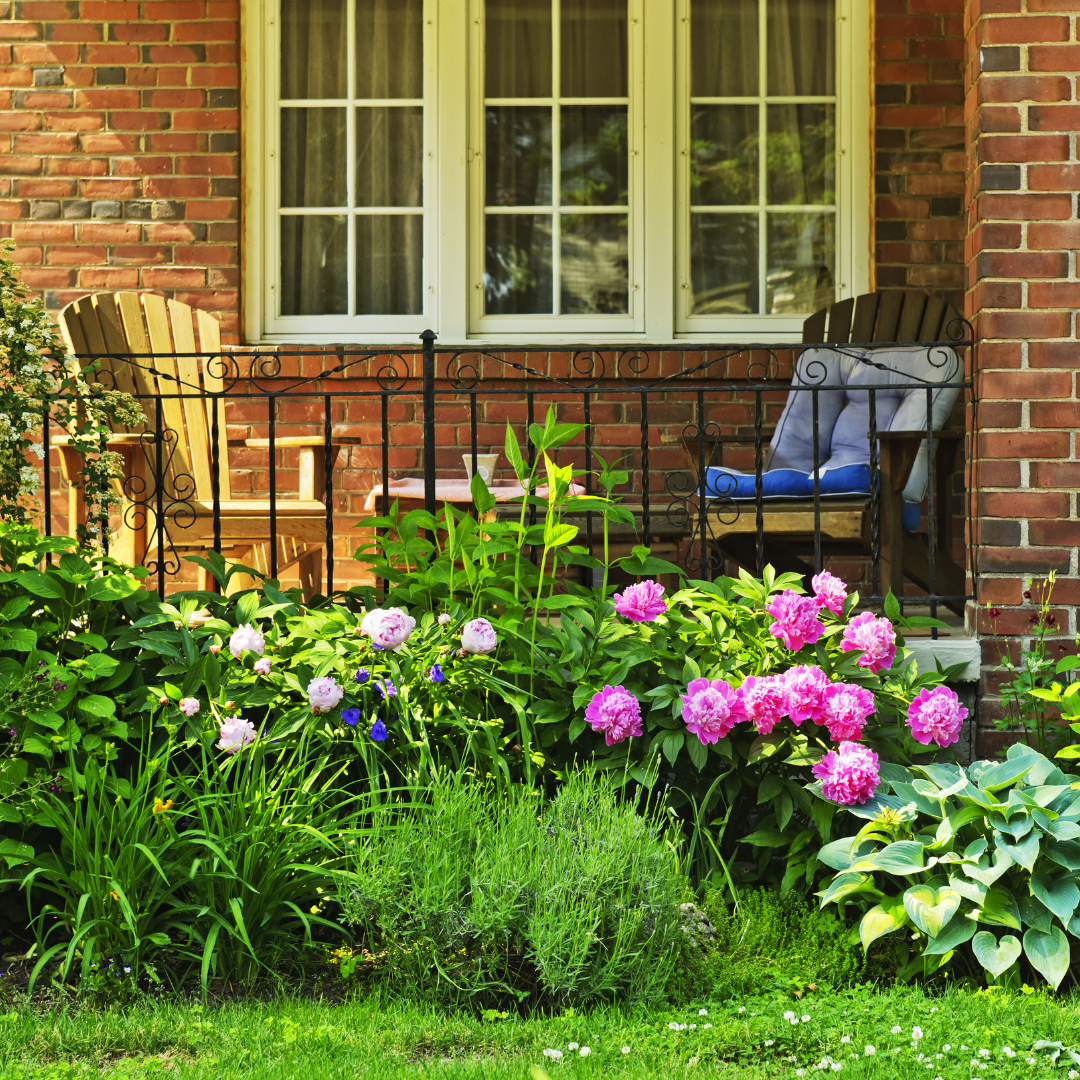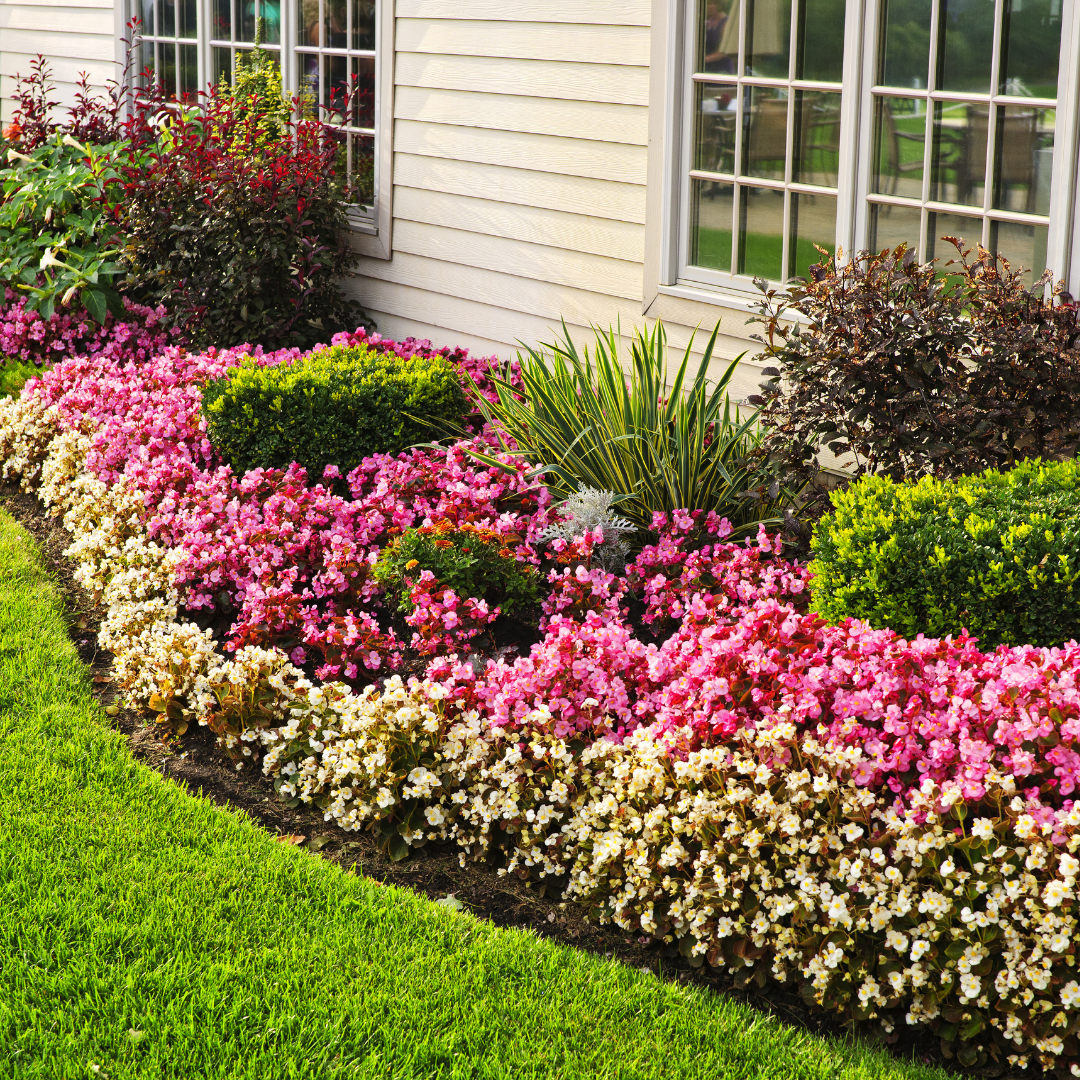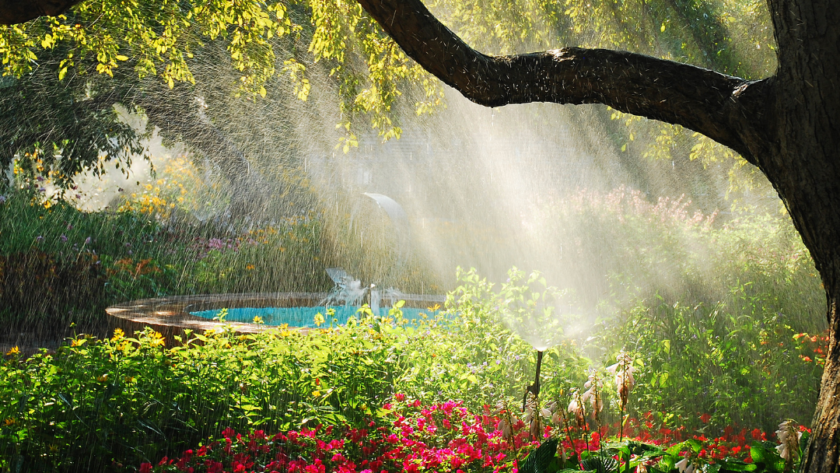A green and beautiful garden adds value to your property. Gardens can increase your living space, creating a relaxing communal area for friends and family.
However, having a backyard and creating an exciting green space are two different things. It can be frustrating to put a lot of effort into your garden without achieving the desired objectives. There may be different issues that make it hard to grow beautiful and lush plants. So, we’ve reached out to experts to gather professional tips and hacks to transform your backyard.

Dedicated maintenance
Ultimately, you can’t expect your garden to grow naturally without adequate care and proper lawn maintenance. If you have dry patches where grass never seems to grow, it’s important to introduce a routine to improve your lawn health. From mowing to fertilization, a custom lawn strategy can help bring your garden to the next level. Therefore, working with a specialist who understands your lawn and your requirements can make a big difference.
Additionally, experts can also help tackle specific issues, such as pest or grass disease, that affect the appearance of your lawn. If you always have dry or empty patches that you can’t explain, chances are your lawn health is compromised.
Nourish your soil

Using bio wastes and garden waste, organic compost can be part of a healthy garden routine. Compost systems enable you to build a zero-waste garden where organic leftovers can be repurposed in the backyard.
Compost serves multiple purposes in the garden. During the colder months of the year, you can spread compost on the soil to protect your plants in winter. The mixture of organic and garden waste, aka mulch, can also help increase soil temperature, protecting your most fragile plants from frosts.
More importantly, compost is also incredibly rich in nutrients. More often than not, if the soil lacks nutrients, plants can struggle to grow and find the food they need. So, you can use compost to improve the quality of your soil.
Don’t go against nature
Sometimes, it’s not that your garden can’t grow any plants. It’s more a case of not planting the right variety of your soil, climate, and sun exposure. If you are struggling to create a lush backyard, your priority is to identify which plants would thrive in your space.
The first question to ask is: How much room do I have? Some plants need to spread, which requires plenty of spare room. If you wish to create an open fire pit with seats in the middle of the garden, you can’t afford to invest in spreading species.
Secondly, once you’ve measured the space available, you want to find out more about the type of soil in your garden. Sandy soils, for instance, are best suited for tulips and rooted vegetables. On the other hand, shrubs prefer chalky soils. Additionally, plants such as camellia prefer acidic soil, while hydrangea loves alkaline environments. You can use soil pH test kits to find out more.
Lastly, the orientation of your garden will also influence your choice. Some plants do better in a north-facing garden, while others need plenty of direct sunlight.
Not two gardens are the same. So, if you are following tips for the wrong garden types, you may never be able to grow a lush and green space. Instead, it’s important to focus your attention on the unique challenges in your backyard, from grass health to soil types.



